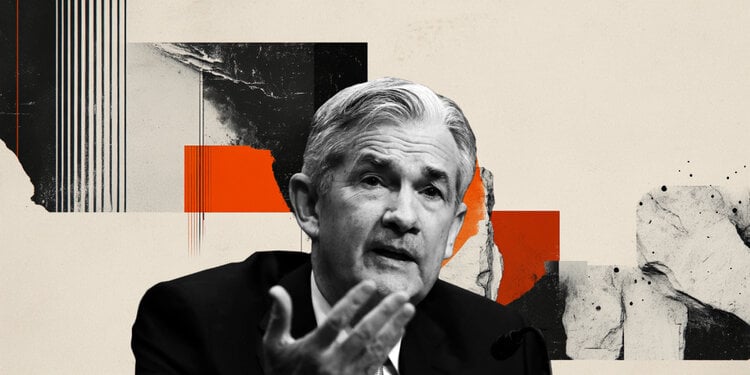Federal Reserve’s Chair Jerome Powell discussed the US economic outlook at the Economic Club of Chicago.
Key Quotes
- Well positioned to wait for greater clarity before considering any changes to policy stance.
- US economy ‘solid’ despite heightened uncertainty, downside risks.
- At or near maximum employment, inflation a bit above 2% goal, has come down a great deal.
- Growth likely slowed in first quarter of 2025 from last year’s solid pace.
- Strong first quarter imports to weigh on GDP growth.
- Sharp decline in business, household sentiment and elevated uncertainty, reflecting trade policy concerns.
- Labour market solid, broadly in balance, not contributing to inflation.
- PCE prices likely rose 2.3% in 12 months through march, core PCE estimated at 2.6%.
- Administration’s policies still evolving, effects remain highly uncertain.
- So far larger-than-expected tariffs likely mean higher inflation, slower growth.
- Inflationary effects of tariffs could be more persistent, depends ultimately on inflation expectations.
- Our obligation is to keep longer-term inflation expectations well-anchored.
- May find ourselves in the challenging scenario in which dual-mandate goals are in tension.
- If that occurs, we would consider how far economy is from each goal and potential time horizons for those gaps to close.
Key highlights from the Q&A session
- Effects of policy will likely move the Fed away from its goals.
- Will be moving away from goals for the balance of this year, perhaps can resume next year.
- Our role is to make sure this is a one-time effect.
- The Fed’s two goals are not yet in tension, but the impulse is for higher unemployment and higher inflation.
- It will be a difficult judgement if the Fed’s mandate do come into conflict.
- Could well be in a situation where need to make a difficult decision.
- High uncertainty leads to households and businesses stepping back from decisions.
- If risks were structurally higher, that would make us less attractive.
- Markets are processing the policy changes.
- Markets are orderly, functioning as would expect.
- Probably will see continued volatility.
- Not close to the point where the Fed would stop balance sheet runoff altogether.
- The slower the Fed goes, the smaller the balance sheet can get without disruptions.
- The Fed stands ready to supply Dollars to global central banks if needed.
Read the full article here


